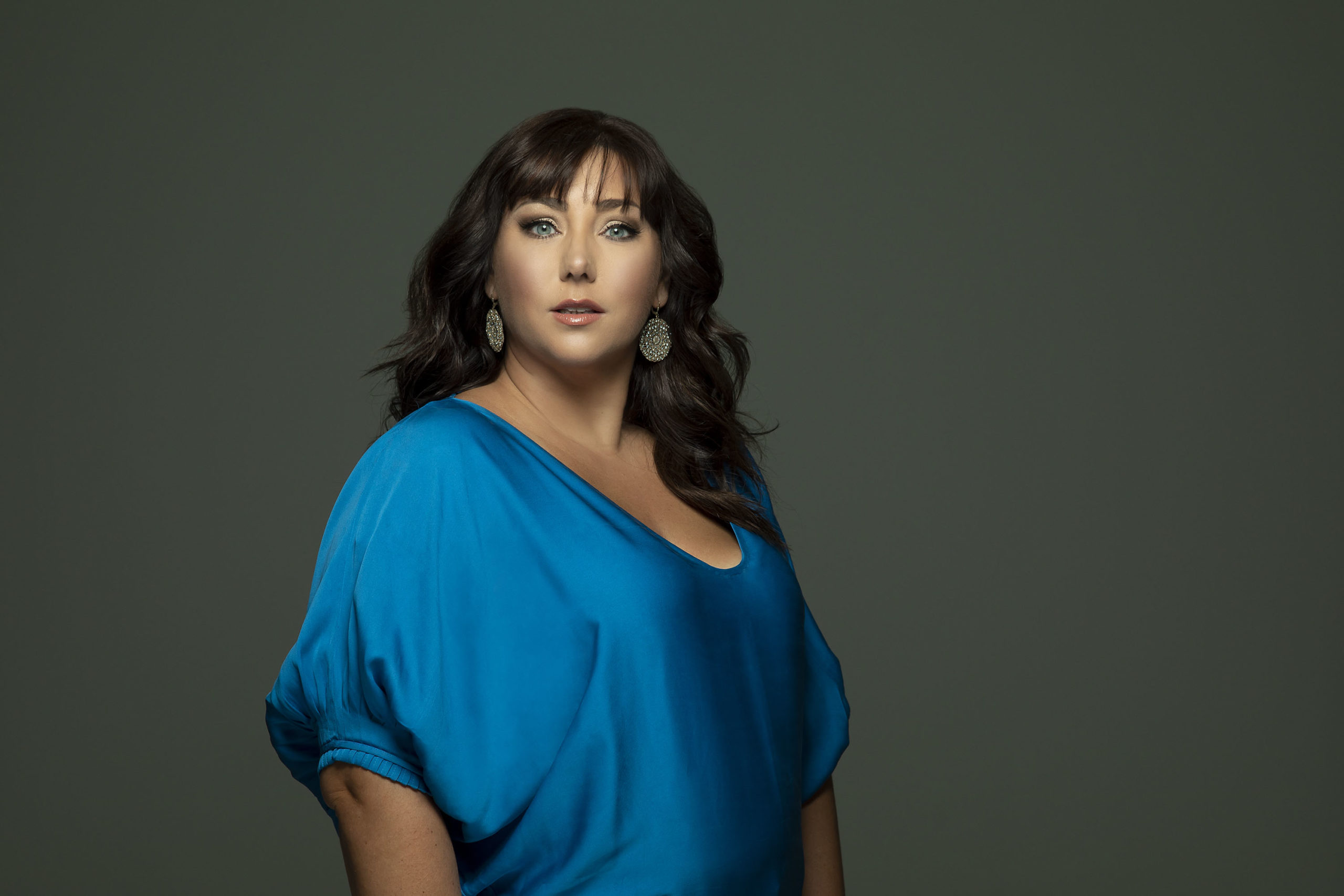by Kevin McLaughlin

As a BW alumna from not so long ago (’02), Rowley has clearly made good. She’s had roles at the Met, Carnegie Hall, the Paris Opera, and Covent Garden, and sung under the batons of Zubin Mehta and Yannick Nézet-Séguin. The songs of Bellini and Verdi on this program were touching, but it wasn’t until the later dramatic arias (and a backstage dash for water) that her full vocal command seemed to awaken. Verdi’s “Pace, Pace mio Dio” from La forza del destino was the turning point, unleashing a voice of easy power and marshaling a current of pathos. Aquila’s accompaniment was fierce but precise.
Though Rowley confessed in her notes a closer affinity with the program’s Italian repertoire, her Wesendonk Lieder were beautifully sung. She lent an Italianate lightness to Wagner’s lovesick daydreams, letting light in on the text and giving the audience a taste of what she might do with “Mild und Leise” from Tristan und Isolde, an aria which she dangled as one consideration for the evening, but alas, held back out of caution. Maybe next time.
The copious program notes, fun for a while, were ultimately a little off-putting. It was nice to read the performer’s take on this composer or that, but if pared down some the audience might have been more likely to stick with them. The syntactical and factual errors left a sloppy, or at least editor-free, impression, certainly at odds with the professionalism of the music-making.
Elsa’s yearning for blissful partnership in the aria starting the second half, “Einsam in Trüben” from Wagner’s Lohengrin, was equally compelling. Supported by flexible but firm accompaniment by Aquila, Rowley’s resonant voice had enough sweetness and naïveté in it to persuade everyone of Elsa’s ecstatic vision.
The music of Puccini, though, with its heart-forward affect and relatable drama, was where Rowley felt most at home. In three early Puccini songs on the program — which were later developed by the composer into operatic grist in La Rondine, Manon Lescaut, and La bohème — she offered a big, clear singing presence and convincing emotion. Her “Un bel dì, vedremo” from Madama Butterfly (sung by Cio-Cio San, a role that has inspired Rowley “more than any she has undertaken”) was suitably wrenching without seeming maudlin. A highpoint to the evening, it was deserving of the encore that followed, “O mio babbino caro” from Gianni Schicchi.
Published on ClevelandClassical.com February 22, 2023.
Click here for a printable copy of this article


